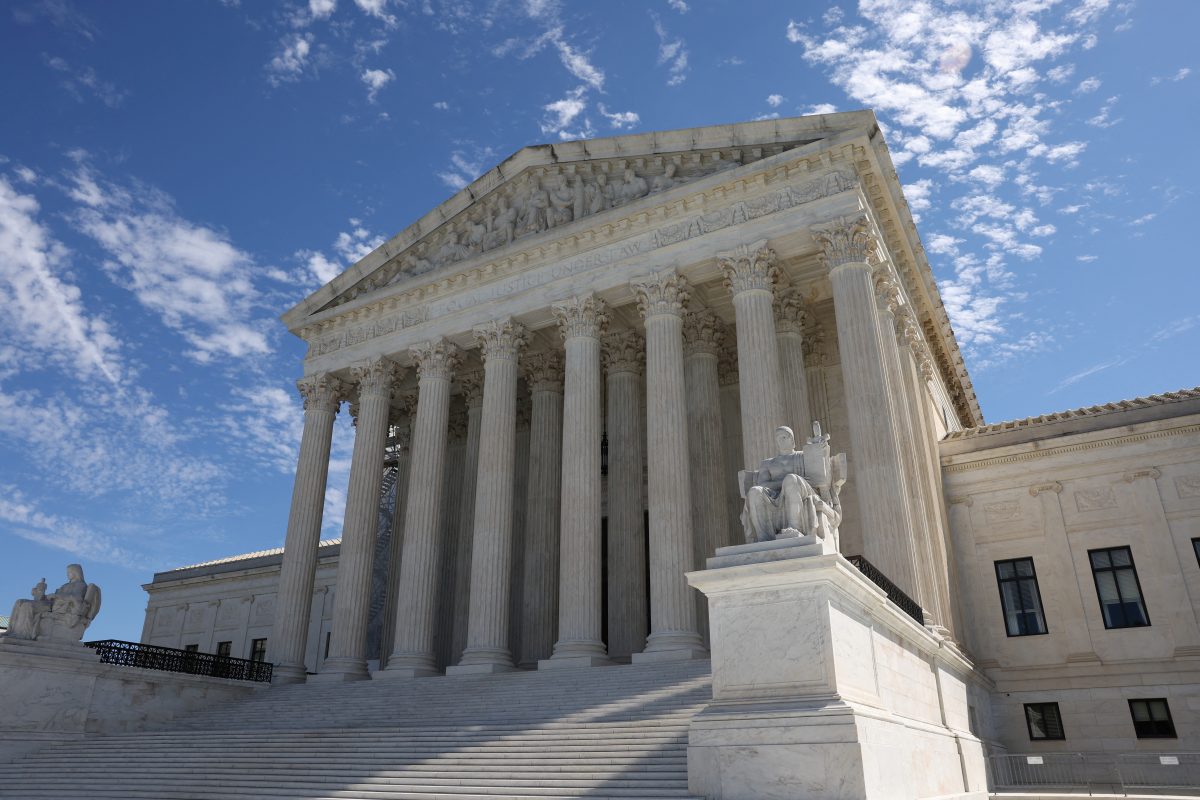WASHINGTON, (Reuters) – The U.S. Supreme Court today adopted its first formal code of conduct governing the ethical behavior of its nine justices, bowing to months of outside pressure over revelations of undisclosed luxury trips and hobnobbing with wealthy benefactors.
The court released its code “to set out succinctly and gather in one place the ethics rules and principles that guide the conduct of the members of the court,” according to a brief introductory statement.
Unlike other members of the federal judiciary, the Supreme Court’s life-tenured justices had long acted with no binding ethics code.
That absence, the statement said, “has led in recent years to the misunderstanding that the justices of this court, unlike all other jurists in this country, regard themselves as unrestricted by any ethics rules. To dispel this misunderstanding, we are issuing this code, which largely represents a codification of principles that we have long regarded as governing our conduct.”
The code contains sections codifying that justices should not allow outside relationships to influence their official conduct or judgment, placing restrictions on justices participating in fundraising and reiterating limits on the accepting of gifts. It also states that justices should not “to any substantial degree” use their judicial resources or staff to engage in non-official activities.
A commentary elaborating on some of the code’s provisions said that justices who are weighing a speaking opportunity should “consider whether doing so would create an appearance of impropriety in the minds of reasonable members of the public.”
The court has been buffeted for months by revelations regarding justices over undisclosed trips on private jets, luxury vacations, real estate and recreational vehicle deals, and more. Most of the ethics revelations in recent months involved Justice Clarence Thomas, one of the court’s most conservative members.
The issue had become an political flashpoint, with Democrats in Congress calling on the court to adopt an ethics code, while many Republicans viewed the ethics narrative involving the court as cooked up by liberals upset at its rightward leanings.
The ethics drum beat added pressure to a court already facing declining public approval following major rulings in its past two terms powered by its 6-3 conservative majority. The court ended its recognition of a constitutional right to abortion, expanded gun rights and rejected affirmative actioncollegiate admissions policies often used to increase Black and Hispanic student enrollment.
The news outlet ProPublica has detailed luxury trips taken for years by Thomas provided by Texas businessman Harlan Crow as well as real estate transactions involving the justice and the billionaire Republican donor. ProPublica also reported that the conservative Koch network of political donors, which has had multiple cases before the court, has brought Thomas in recent years to its summit meetings.
A report by Senate Democrats in October also found that Thomas apparently failed to repay at least a “significant portion” of a $267,230 loan he received from longtime friend Anthony Welters to buy a luxury motor coach.






